Optimal Timing for Demolition Services
Determining the optimal timing for demolition service depends on several factors including weather conditions, project scope, and local regulations. Typically, dry seasons with minimal rainfall are preferred to ensure safety and efficiency. Scheduling during periods of mild temperatures can also reduce delays caused by extreme heat or cold.
Timing is crucial for minimizing project disruptions and controlling costs. Planning demolition during off-peak seasons can lead to quicker completion and fewer delays. Additionally, coordinating with other construction phases ensures a smooth workflow and adherence to project timelines.
Dry, mild weather conditions are ideal for demolition to prevent delays and safety issues.
Scheduling during off-peak seasons can reduce costs and minimize disruptions.
Ensure permits are obtained beforehand to avoid project delays.
Align demolition timing with subsequent construction phases for efficiency.
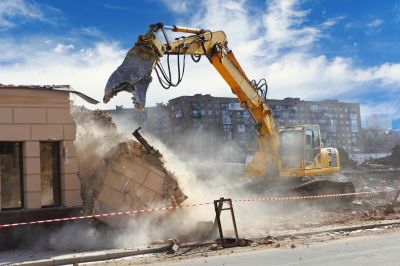
Heavy machinery preparing a building for demolition with clear weather.

Project planners reviewing schedules and permits.
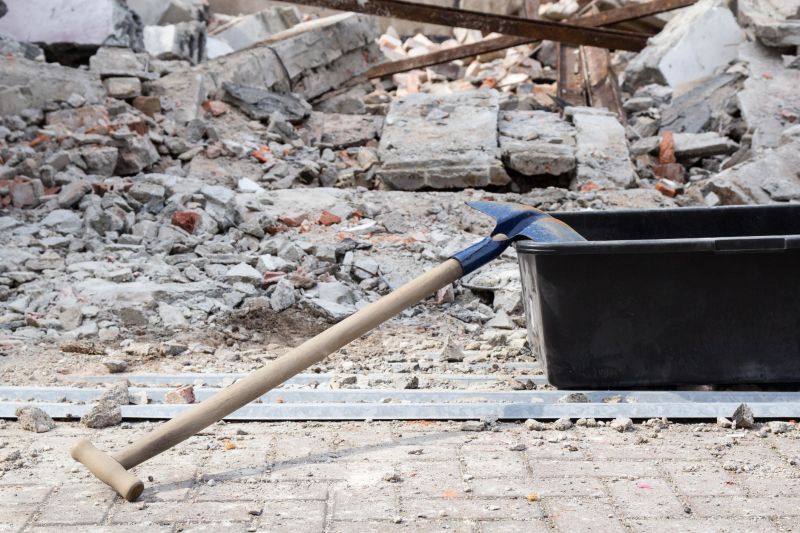
Properly secured site with minimal environmental impact.

Ways to make Demolition Service work in tight or awkward layouts.
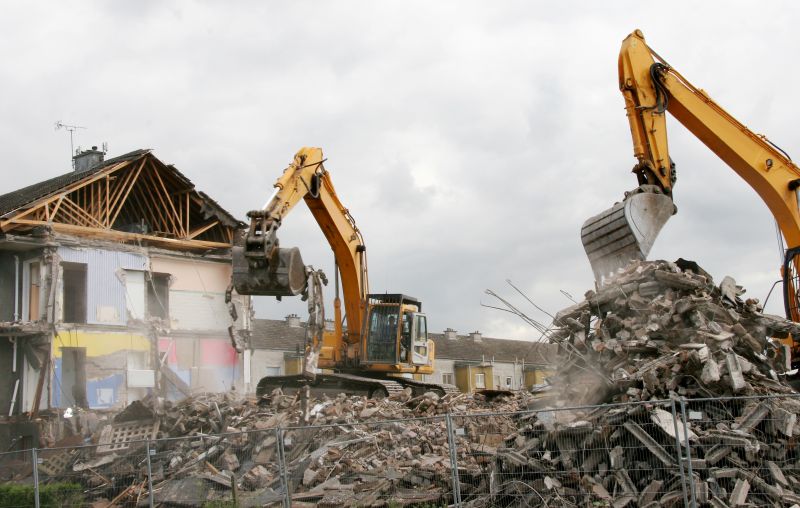
Popular materials for Demolition Service and why they hold up over time.
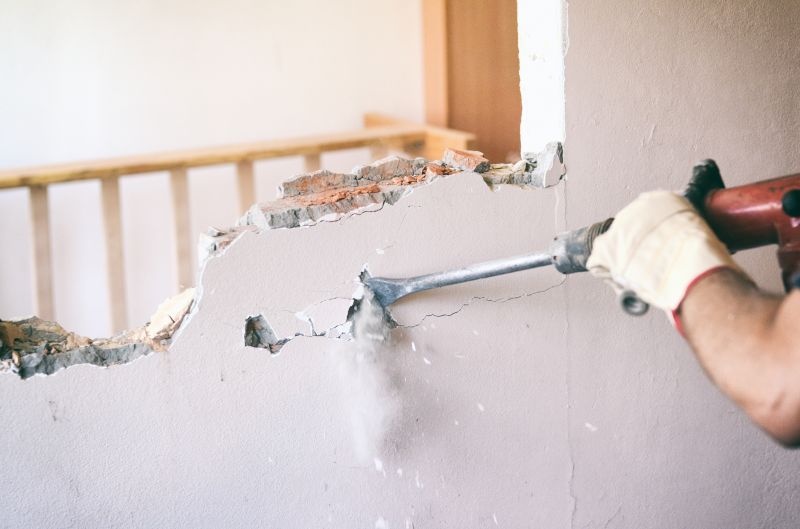
Simple add-ons that improve Demolition Service without blowing the budget.
| Factor | Impact on Demolition Timing |
|---|---|
| Weather | Dry seasons reduce delays and safety risks. |
| Project Scope | Larger projects may require longer planning. |
| Permits | Permit approval times can influence scheduling. |
| Construction Phases | Coordination ensures seamless workflow. |
| Local Regulations | Compliance can affect timing decisions. |
| Seasonal Conditions | Spring and fall often offer optimal conditions. |
| Availability of Equipment | Equipment readiness impacts start times. |
Demolition services play a vital role in the preparation of sites for new construction or renovation projects. Proper timing ensures safety, efficiency, and cost-effectiveness. Advances in demolition techniques and equipment have increased safety standards and reduced project durations, making scheduling a critical aspect of project management.
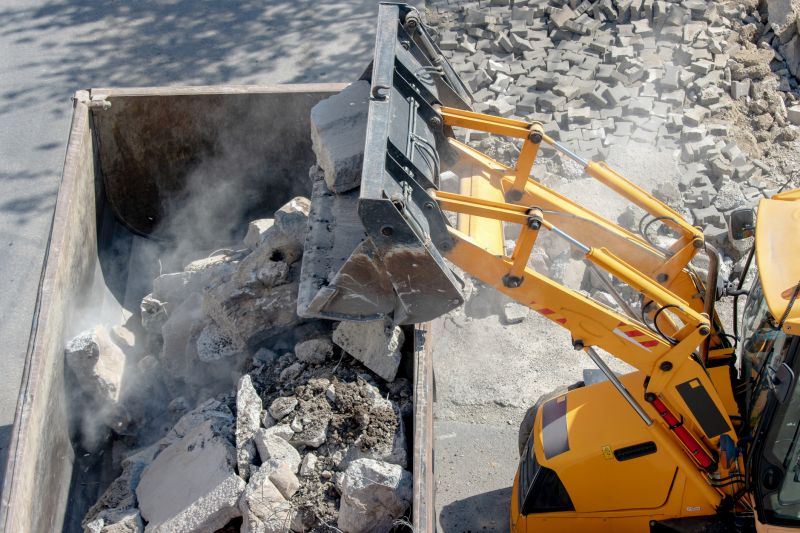
Excavators and wrecking balls in action.
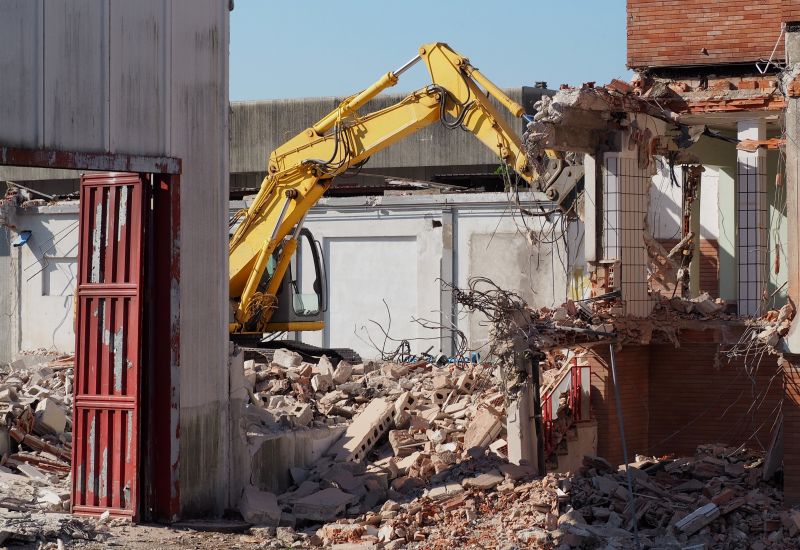
Site after demolition, ready for new construction.
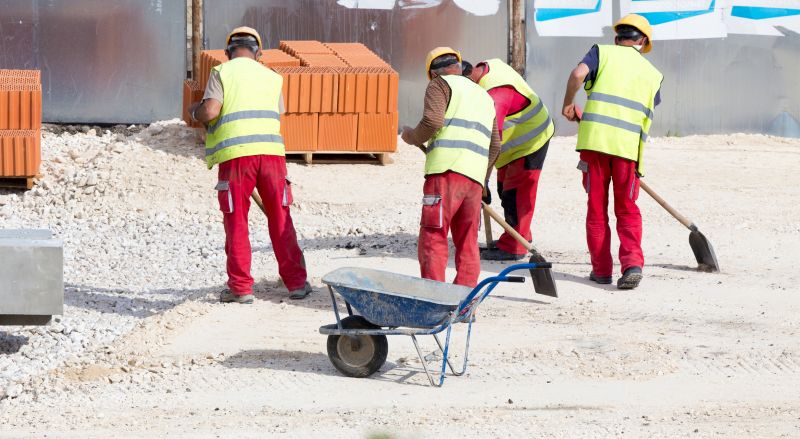
Proper barriers and signage at demolition sites.
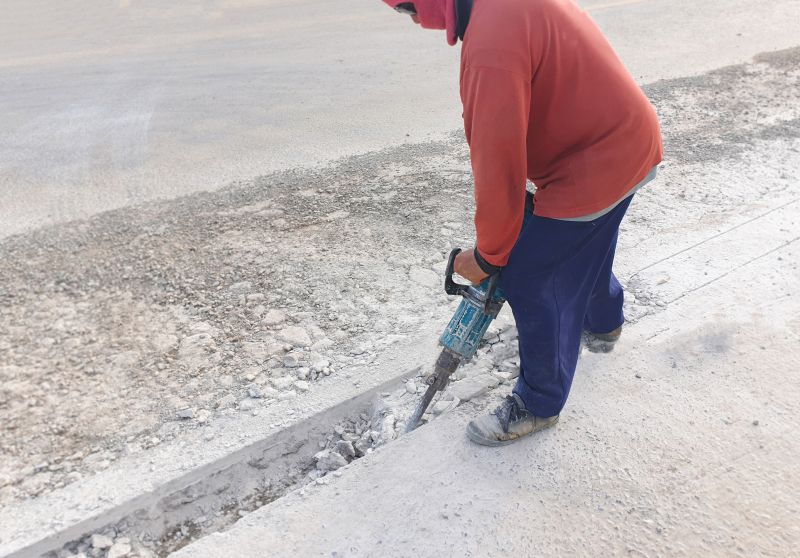
Demolition team coordinating activities.
Understanding the best timing for demolition can significantly impact project success. Careful planning, considering weather, permits, and project schedules, ensures the process is efficient and safe. Consulting with experienced demolition professionals can help identify the most suitable window for your specific project needs.
Interested in scheduling demolition? Fill out the contact form for more information.



